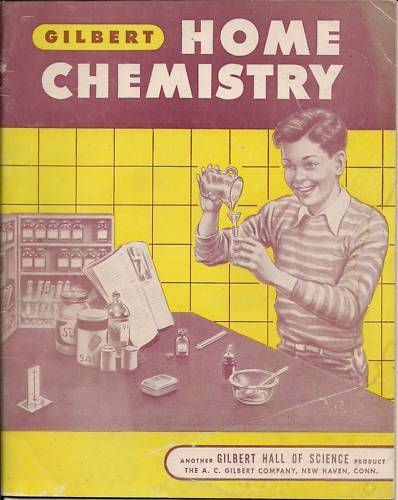 |
| "I saved thousands of dollars on tuition and lab fees!" |
It is no coincidence that history is filled to the brim with examples of brilliant thinkers who weren't too good at formal schooling. Albert Einstein was labeled a dunce by his teachers. Inventor and businessman Thomas Edison only had three weeks of schooling under his belt before he was withdrawn from primary school by his mother and educated at home. Besides the prominent examples of self-taught successes, like Benjamin Franklin, Walter Cronkite, Abraham Lincoln, or Steve Jobs, there are millions of people pursuing their intellectual passions every day - and without stepping foot on a college campus.
The truth is that if you have have a passion for anything, whether it's literature, or math, or science, you probably would be better served skipping higher education. The university system nurtures an atmosphere that will stomp out your desire to learn.
To illustrate this point, let's say that you have a love for history. Then college would seem like the place where you can take your love for history to the next level, right? After all, attending college will allow you the opportunity to take an eclectic mix of courses, such as African History, Latin American History, the History of 20th Century Japan, and so on. And it is true that by committing to a four year program of study, you'll walk out with a broader knowledge of history than anyone that you know. But let's take a look at the downside to studying history - or anything else, for that matter - at the college level.
For starters, rather than studying one or two things that interest you, you'll be forced to take courses that are of little to no interest to you. Unless you loaded up on AP/IB classes in high school, you'll need to satisfy requirements to take a math class, and science classes, and an insane number of additional humanities classes. And here's the important thing to keep in mind: each additional class that you take will only distract you from pursuing the subject that you love. In order to study for your math quiz, write a lab report for your science class, and complete a midterm essay for your humanities course, you'll have to skim through the readings for your history class so you can balance your history class with all of your other obligations. Yes, math, and science, and other humanities courses are very important for a rounded education. But you'll be so busy with a full class load that you'll have little time to benefit from those classes either.
The sad fact about college is that you'll rarely have the chance to delve into the things that truly interest you. If you have to take a job to help pay for your education, like so many students these days, then you'll have even less time to commit to your studies. While the rewards of finishing your classes will be tangible - you'll get to add to your tally of college credits - the educational outcomes of this system of study are less rewarding. The second you take your final exams, you'll forget just about everything you've learned during the entire semester.
But there's hope for the self-motivated intellects out there.
Luckily, we happen to live in one of the best times for breaking away from the college grind. For just about any subject you want to study in college, there are better ways for you to study it independently. Thanks to the Internet, students can seek out videos of class lectures from top universities such as Stanford, MIT, and Yale. With a quick Google search, would-be students can research the suggested curriculum for their proposed area of study and download syllabi for courses that interest them. It's not just the humanities lovers who can benefit from self study. The Internet provides free instruction in advanced mathematics, while a more savvy individual can find quality science labs for home use. You can even order your own fetal pig for dissection if the inspiration hits you. Unlike college, where your path is carefully charted by someone else, self-study can take you in many surprising directions.
With a bit of self-discipline, anyone with intellectual curiosity can achieve more from their own efforts than they would at the university.
Man I love your blog it motivates me to be more confident in my own choice of self-education. I'm self studying business while at the same time working to save up and eventually start my own thing. Anyways man I know how hard it can be to go it alone in a world of mediocrity and conformity, from one independent thinker to another keep up the blog and dont let naysayers discourage you.
ReplyDeleteOverall, I do thoroughly enjoy your blog! Thinking critically about if higher education is worthwhile is an important first step in getting something out of one's education.
ReplyDeleteI do believe that universities are usually the best of way exploring one's intellectual curiosity, as one is expected to learn about a variety of fields of study. If you are interested in reading my "rebuttal" to this post please visit:
https://www.universityapplicationguide.com/2019/06/reason-1-college-is-best-way-to.html